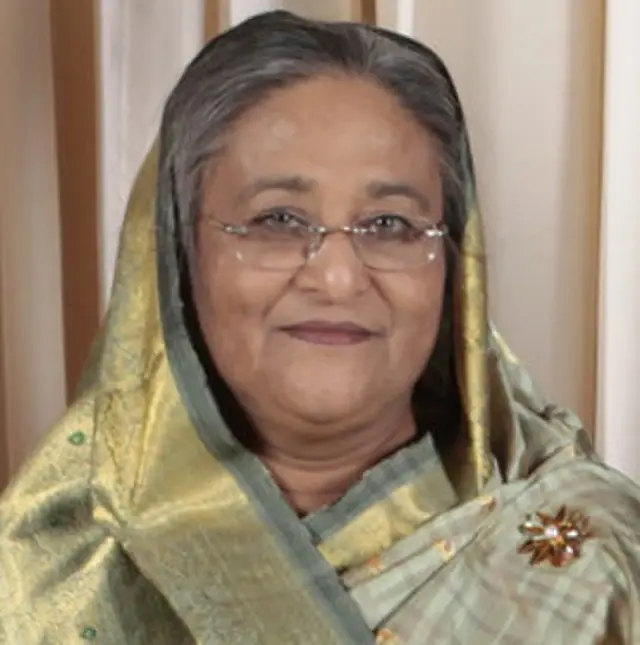Bangladesh court issues fresh arrest warrants against Sheikh Hasina, family in land graft cases

A Dhaka court has issued fresh arrest warrants against former Prime Minister Sheikh Hasina, several of her relatives, and over 50 associates. The case involves alleged corruption in land allocation under the Purbachal New Town Project, one of the country’s largest housing schemes.
Power Shift Triggers Legal Action
Sheikh Hasina lost power in August 2024 after nationwide protests. People accused her administration of corruption and authoritarianism. Following her removal, Nobel laureate Muhammad Yunus took charge of an interim government.
The new leadership reopened investigations into cases buried during Hasina’s 15-year rule. These include allegations of financial misdeeds and human rights violations.
Court’s Ruling on Land Graft Case
On April 13, 2025, the Dhaka Metropolitan Special Judge’s Court issued arrest warrants for 53 individuals. The list includes:
- Sheikh Hasina
- Her sister, Sheikh Rehana
- UK MP and niece, Tulip Siddiq
- Several ex-ministers and senior officials
The Anti-Corruption Commission (ACC) said these individuals misused their positions to gain land in the Purbachal housing project. They allegedly secured plots at undervalued prices, causing massive financial losses to the state.
The court had earlier issued warrants on April 10 in a related case. That list included Hasina’s daughter, Saima Wazed Putul, and 16 others.
Serious Allegations with Legal Backing
Authorities have filed charges under the Anti-Corruption Act and sections of the Penal Code. These include abuse of power, conspiracy, and public property misuse.
The court has asked all accused to appear in the next hearing. If they fail to attend, prosecutors may request help from international agencies.
Legal experts believe this is one of Bangladesh’s largest-ever corruption cases. The involvement of a former prime minister and her close circle makes the situation even more historic.
Reactions from the Hasina Family
Speaking from India, Sheikh Hasina dismissed the charges. She called them “politically motivated” and claimed the government is targeting her to weaken the Awami League.
Tulip Siddiq also denied the accusations. She told British media she had never engaged in any land-related activity in Bangladesh. Her legal team confirmed that she had not received any formal notice from the Bangladeshi authorities.
Legal and Diplomatic Roadblocks
Bangladesh has asked India to assist in Sheikh Hasina’s extradition. But since she’s not yet convicted and is likely seeking asylum, legal cooperation may stall.
Tulip Siddiq’s case adds complexity. The UK and Bangladesh lack an extradition treaty. British authorities have not commented, and it’s unclear whether any action will follow.
Observers warn that if these cases appear political, they could damage Bangladesh’s global image. Human rights groups are also watching closely to ensure legal fairness.
Reactions at Home
The Bangladeshi public remains divided. Supporters of the interim government believe this is a step toward justice. They feel this case may finally expose the corruption of previous regimes.
On the other hand, the Awami League says the charges are part of a political witch hunt. Party leaders claim the government is trying to silence opposition voices.
So far, protests have remained small. But tension is rising in Dhaka and other cities.
Bigger Picture for Bangladesh’s Judiciary
Legal experts say this trial will test the strength of Bangladesh’s justice system. If the process remains fair and evidence-based, public trust could improve. But if it seems politically charged, the country risks falling into deeper division.
This is a defining moment. Bangladesh now faces the challenge of balancing accountability with political fairness.
Conclusion
The arrest warrants against Sheikh Hasina, her relatives, and political allies highlight a major turning point. As the courts move forward, all eyes will be on whether justice or politics will guide the outcome. The world is watching how Bangladesh handles this critical chapter in its history.






